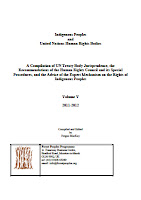Via the International Institute for Sustainable Development (IISD), the UN Food and Agricultural Organisation has released a new report entitled “Biofuels and the Sustainability Challenge.”
From the summary by IISD, the report “addresses the issue of biofuel sustainability based on a global assessment of major commodities and feedstocks. The report is guided by the need to understand the economic, environmental and social sustainability dimensions of biofuels, and how these elements can be used to address the challenges of land-use change, food security and climate change. The report evaluates the role of biofuel certification schemes in promoting sustainability. It relies on a survey of a large number of country case studies, as well as analyses of trends in crop policies, production and markets. The report questions whether certification schemes are adequate to assure sustainability.”







